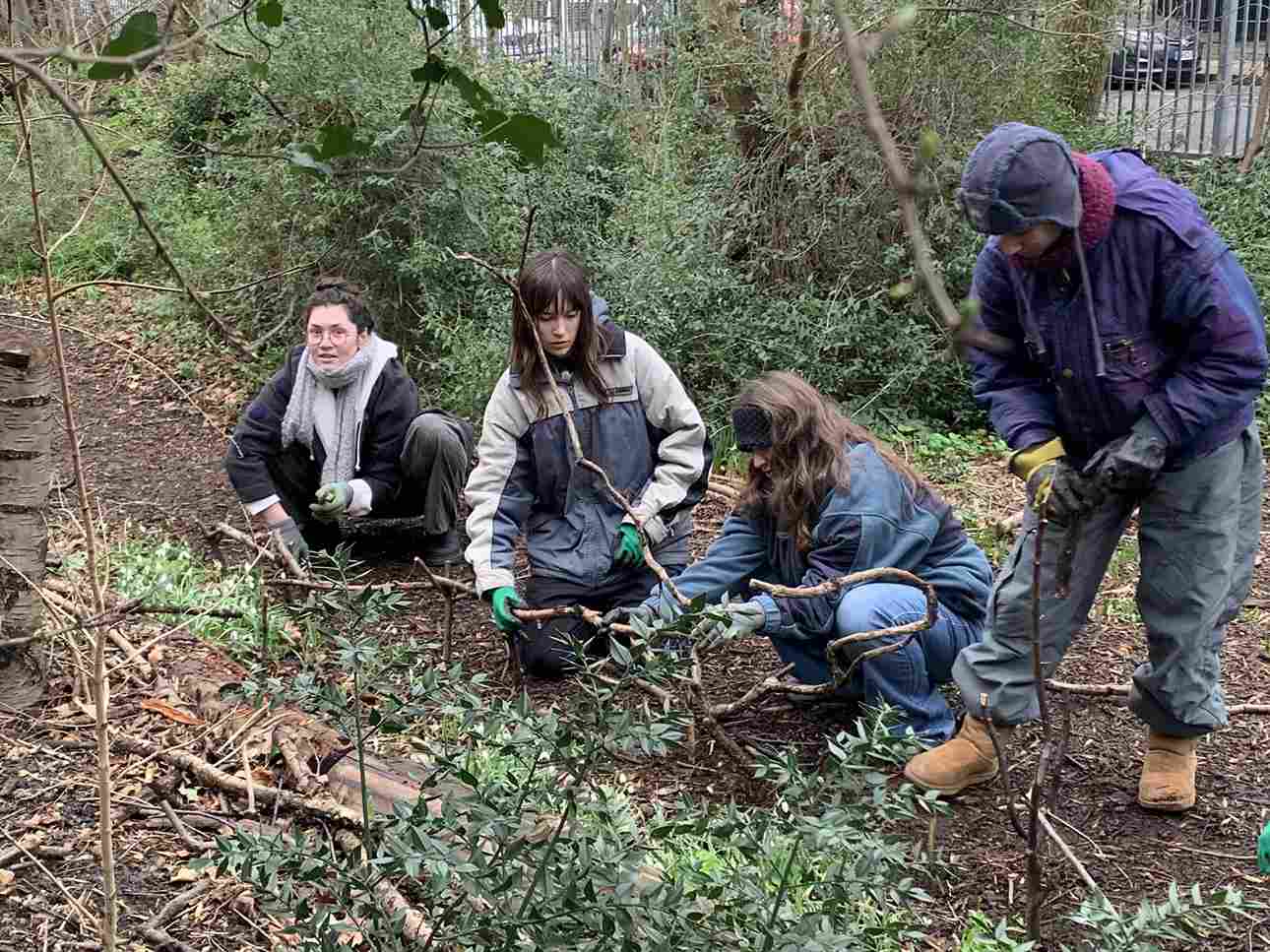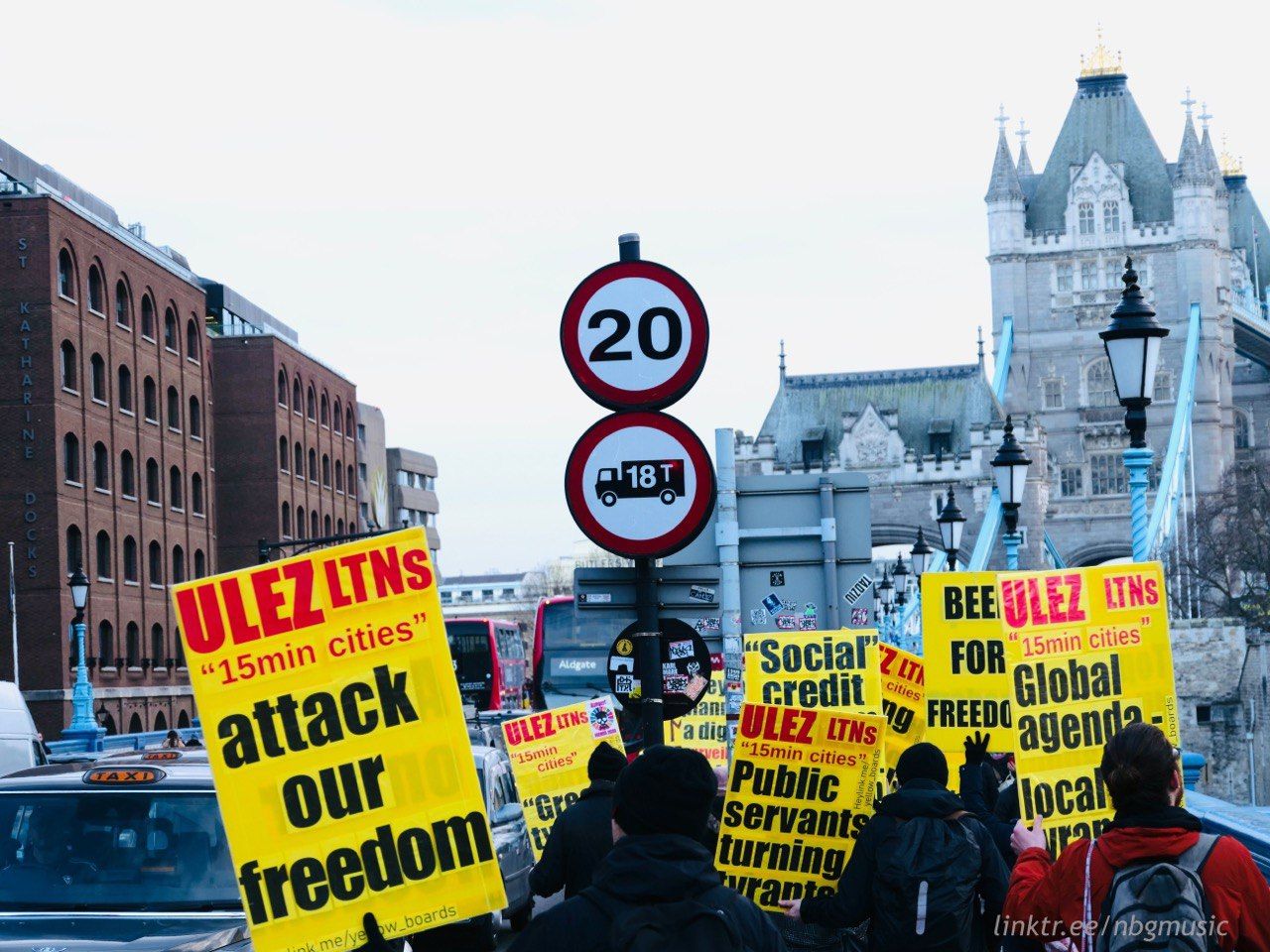
The Climate Movement and the UK Media

Summary
The UK media's climate movement framing has evolved since 2018, as seen through Extinction Rebellion (XR) coverage in 2022 and 2023. Initially, newspapers negatively portrayed XR's disruptive tactics, with sensationalised negative headlines persisting. Social media allows direct activist-supporter communication, becoming a more common news source. Traditional and social media impact public opinion differently. Negative framing reinforces skepticism, while positive coverage raises awareness and engagement. Comprehending these framing processes is key to effective climate communication and advocacy strategies.
Approach and Methodology
I began by compiling newspaper articles and Instagram posts from just before XR released their “We Quit” statement of changing tactics to when the Public Order Bill was introduced in the UK, which grants law enforcement agencies in the UK greater powers to prevent protest tactics deemed “disruptive,.”
I decided to utilise content analysis so that I could analyse both text and images, which is essential for understanding the media that people consume. I also wanted to analyse social media comments in relation to general media and climate change media to understand what people think about climate change during this time, so I decided to use sentiment analysis.
I found survey responses; however, these lacked enough information to analyse sufficiently for my quantitative analysis. I then found a data set of Reddit comments in relation to climate change opinions and general news opinions that fit the criteria I was looking for. I also collected data from newspaper articles and Instagram posts for my qualitative analysis.
I wanted to focus on linguistics as my study is on the language people consume. I also considered sociology theories such as framing and labelling theories, which influenced how media frame stories about climate change activists, movements, and climate protests. The labelling of protestors and activists in the media also influences how public attitude develops.
The research process took a while to collect the relevant datasets that would work for both of my studies. I then spent a long time analysing my data, creating coding frameworks that would be appropriate for the area I wanted to look into. I also spent time cleaning the text to make sure that any irrelevant data would be removed.
Proposal/Outcome
The outcome of the project was a deeper understanding that the environmental movement has reached a point to adapt its means of protest, which will engage more with the public and encourage businesses and governments alike to be more responsible and accountable for their impacts on climate change. The product of this project is a podcast episode of a new environmental commentary podcast called ‘Eco Vox,’ which considers public attitudes towards the climate movement and the media representation of Extinction Rebellion and suggests a change in tactics that fosters a more community-driven initiative.
Beyond Outcomes
I’ve learned a lot about myself from this process. I’ve learned that there is beauty within the research process and slight chaos that almost needs to be given in to. I achieved more than I thought I would and learned new skills. I learned not to take feedback personally and that everyone has an opinion, but it doesn’t mean they are correct. I am proud of my ability to persevere when I lack motivation for a task and find ways to collaborate with others when working independently by starting conversations about a topic or getting feedback on the direction a project is going. But overall, my key takeaway has been sometimes we have to fail to succeed, fail in methods, fail in the process of research, and take a different direction. Accepting that the process will be nonlinear and eventually, things will make more sense at the end of a project or lead to a new area of research for a future project.
Want to learn more about this project?




Overall LIS Journey
About me

Hi, I’m Ella. I’m about to start my third year at LIS and have really enjoyed the interdisciplinary journey so far. I love combining my interests in sociology, psychology, and computational linguistics to better understand culture, media, and technology. Outside of academics, I enjoy swimming, sauna sessions, keeping fit, and socialising with friends—activities that help me find balance and stay grounded. This summer, I’m interning at Stamp, where I’m conducting research on ethics and certification frameworks for technology companies, deepening my understanding of responsible digital innovation.
.svg)
Other Related Projects
Back to the repository


- A Pilot Based on Heathrow's Sustainability Goals







